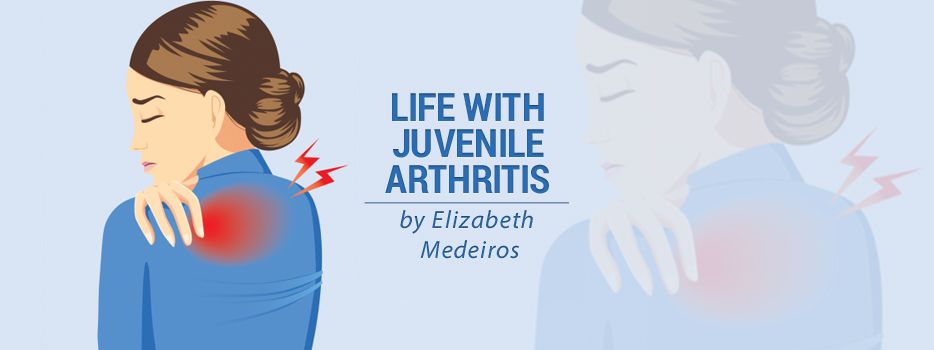Juvenile arthritis can be such an isolating disease. Flares can cause you to miss out on activities and events. Doctors’ appointments may mean missing school and time with friends. And pain can make you feel a little impatient, and you may not want to deal with people.
But having to abide by social distancing due to COVID-19 makes it even worse. Some families of children with JA are taking extra precautions to shield their children from potential infection, especially if they’re taking certain medications or have other treatments. While some families have started engaging in social activities again, you may not feel it’s safe yet.
While it’s important for your child to stay safe and healthy, they might be feeling lonely if all their cousins and friends are heading back to school while they’re doing remote learning this year. They may feel left out if they can’t attend or have activities with their peers. Even older kids who understand why it’s not smart to be around others right now may feel disappointed.
Staying positive and having a good outlook is so important for kids with chronic pain. If your child is feeling a little extra lonely lately, try to take some steps to keep them engaged.
Keep connected
As a child, teen, and now adult, I found it too easy to self-isolate when I wasn’t feeling well. But now, I’ve found it harder to get out of that state. It’s so tempting to cancel plans and curl up on the couch with my heating pack and Netflix.
But it’s essential to try to stay social. I’ve had to force myself to pick up the phone or join a Zoom call more than a few times, but after I hang up, I always feel a little better. Encourage your child to try to reach out to others and participate in online activities, even if it’s just for a little bit. You never know — they might have so much fun that they forget the pain for a while.
Hobbies and interests
Everyone who knows me knows that I love crafting. The past few years, my thing has been crocheting and wreath-making. But in previous years, I’ve played guitar, sewed, cross-stitched, painted, and done many other things.
For me, keeping my mind engaged with a creative activity helps stave off feelings of loneliness and distracts me from pain.
Whether your child’s passion is art, science, fantasy, or athletics, encourage their hobbies as much as possible. And even consider joining in with them! Activities are so much more enjoyable when you do them with someone else.
Pets
While we might not be able to give friends and loved one’s hugs at the moment, we can still cuddle up to our fur babies. Loving the pets you already have or adopting a new furry friend can help your child with JA feel less lonely. Dogs, cats, and even hamsters provide excellent company. My dog Gracie has always been there for me, whether it was to give me hugs and sneaky kisses when I was sad or to cuddle up with a blanket to watch TV.
Limit social media
It might seem ironic, but it might be a good idea to cap your child’s time on social media during this time. Studies have shown that teens and young adults who spend excessive amounts of time on social media experience more loneliness and depression.
This isn’t to say Facebook and Instagram are bad. I love my social media accounts and check them daily to see updates from friends and family, as well cute pictures of my goddaughter. But it can be hard to experience FOMO, or fear of missing out, from everyone’s fun posts and pictures. Even in a pandemic I still experience FOMO!
At the very least, have a discussion with your child about their social media use. Does it make them feel left out? Do they spend a lot of time looking at what others are up to? Or are they using it for something different, such as watching cute animal videos?
These tips aren’t just for 2020
While the pandemic has made everyone feel lonely, kids with JA may face isolation at certain times. Flare-ups may make it difficult to leave the house, or kids may feel lonely when friends don’t understand what they’re going through. But being there for your child and helping them to connect, engage in their passions, and avoid dwelling on what they may be missing out on can help them through those hard feelings.
***
Note: Juvenile Arthritis News is strictly a news and information website about the disease. It does not provide medical advice, diagnosis, or treatment. This content is not intended to be a substitute for professional medical advice, diagnosis, or treatment. Always seek the advice of your physician or other qualified health provider with any questions you may have regarding a medical condition. Never disregard professional medical advice or delay in seeking it because of something you have read on this website. The opinions expressed in this column are not those of Juvenile Arthritis News, or its parent company, BioNews, and are intended to spark discussion about issues pertaining to juvenile arthritis.

